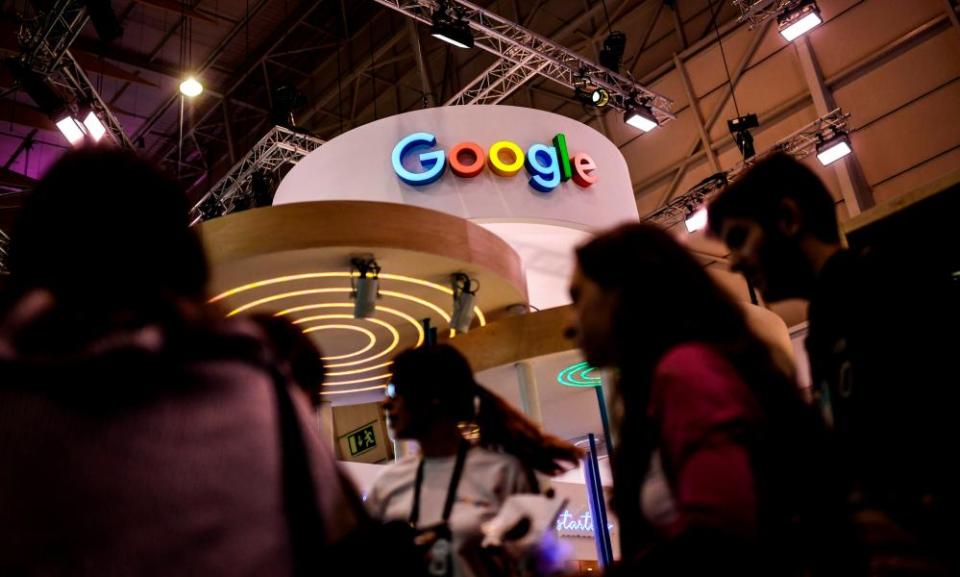Google to offer checking accounts in partnership with Citigroup

Google is to offer personal checking accounts to consumers in a partnership with Citigroup bank as the search giant pushes deeper in its quest to harvest the personal data of consumers.
The project, code-named Cache, is expected to launch next year.
Related: Google's secret cache of medical data includes names and full details of millions – whistleblower
News of the project comes a day after a whistle-blower revealed the existence of Project Nightingale – a hook-up with the healthcare giant Ascendant that could give Google access to personal medical data of up to 50 million Americans.
The existence of Project Cache, which was first reported by the Wall Street Journal, is further evidence that big tech is looking to challenging the primacy of the banking industry.
Over the past year, Facebook has announced it is working on a digital currency, Apple has introduced a credit card and Amazon has been in talks with banks to introduce personal accounts for consumers.
Each, in turn, is likely to stoke fears of consumers and regulators alike that technology companies are gathering too much information on their consumers.
On Tuesday, the German chancellor, Angela Merkel, urged Europe to seize control of its data from Silicon Valley tech giants and establish “digital sovereignty” instead of relying on Amazon, Microsoft and Google.
“So many companies have just outsourced all their data to US companies,” Merkel said.
“I’m not saying that’s bad in and of itself – I just mean that the value-added products that come out of that, with the help of artificial intelligence, will create dependencies that I’m not sure are a good thing.”
But so far each of the tech giants financial offerings have run into problems.
Several partners have pulled out of Facebook’s Libra cryptocurrency after regulators signaled opposition, while Apple’s credit card partner, Goldman Sachs, has been sued for allegedly offering discriminatory credit limits.
But, according to the Journal, Google is not planning to self-brand its checking or personal account.
“Our approach is going to be to partner deeply with banks and the financial system,” Google executive Caesar Sengupta told the paper. “It may be the slightly longer path, but it’s more sustainable.”
Sengupta said Google would not sell checking account users’ financial data in the same way that Google does not share data from its fast-growing service Google Pay with advertisers.
“If we can help more people do more stuff in a digital way online, it’s good for the internet and good for us,” Sengupta told the newspaper.
But how far Google will have to go to reassure a wary public that it can be trusted with what is arguably their most intimate information – money and health – is open to question. The consulting firm McKinsey & Company found only 58% of people surveyed said they would trust the company with financial products.

 Yahoo Finance
Yahoo Finance 